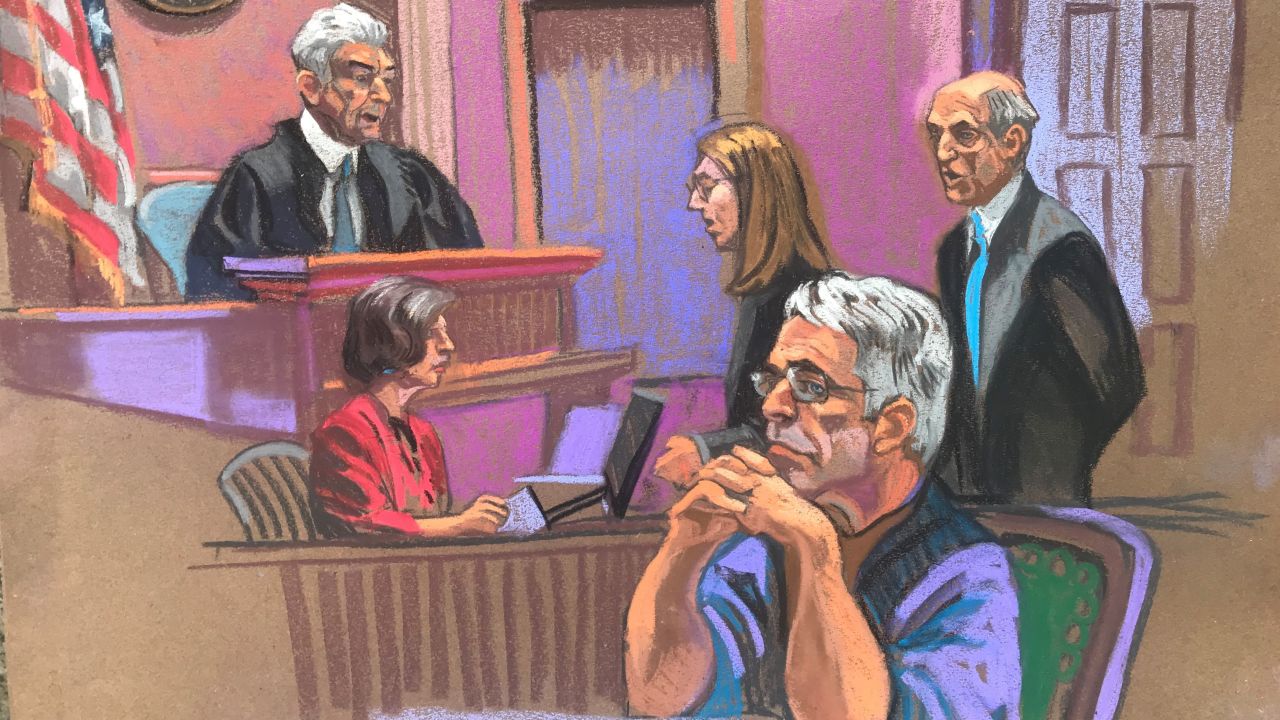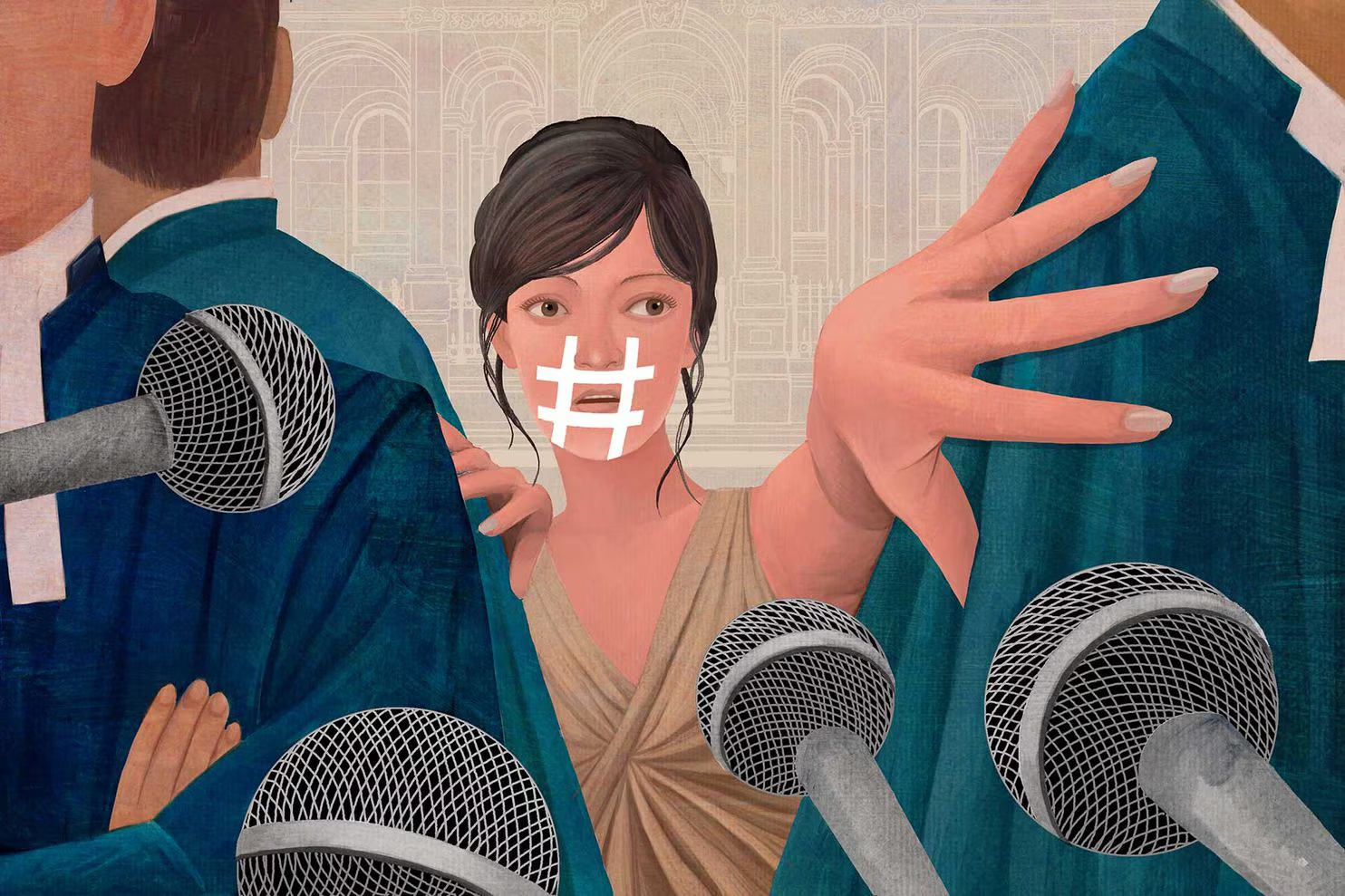A woman who accused Donald Trump of raping her when she was just 13 years old has once again dropped her lawsuit, raising serious questions about the barriers survivors face in seeking justice against powerful individuals. The accuser, known by the pseudonym ‘Jane Doe’, had alleged that Trump and Jeffrey Epstein assaulted her during a series of parties held in the 1990s. The cancellation of her press conference, where she was set to speak publicly about her experiences, underscores the chilling effects of intimidation on survivors.
Threats Silence Survivors
According to reports, Jane Doe"s attorney Lisa Bloom indicated that the young woman had received numerous threats that left her too frightened to continue with the case or to speak publicly. This situation is not an isolated incident; it reflects a broader pattern where survivors of sexual violence face intimidation that seeks to silence them. A study published in the National Institutes of Health highlights how survivors often rely heavily on informal support systems, which can be severely compromised when they are met with threats and harassment.
Legal System Fails Survivors
The dropping of this lawsuit is the third time Doe has attempted to seek legal recourse concerning the alleged assaults. Previous lawsuits faced dismissal for various reasons, with judges citing failures to meet legal standards. The inconsistency in judicial response raises alarming concerns about the protections available to victims of sexual violence. As reported by Georgetown Law, the barriers in the legal system often serve to further victimize survivors rather than provide them with the justice they deserve.

Jeffrey Epstein appeared in court for first time after jail incident | CNN
Power Dynamics in Sexual Assault Cases
The accusations against Trump and Epstein are emblematic of how wealth and influence can create an impenetrable shield for powerful men. Jane Doe"s allegations suggest that both men knew she was underage, yet they allegedly participated in her exploitation. The implications of this case extend beyond individual accountability; they reflect systemic issues within our criminal justice framework that often prioritize the protection of the accused over the rights of victims. This is especially troubling in light of the findings from Harvard University, which explains how defamation laws are frequently weaponized against survivors, discouraging them from coming forward.
Media’s Role in Shaping Narratives
Media coverage plays a crucial role in shaping public perception of sexual assault cases. The narrative surrounding Jane Doe has been muddied by skepticism and sensationalism, often overshadowing her experience with questions of credibility. This is a familiar pattern in cases involving wealthy and influential individuals, as highlighted in numerous reports on the pervasive culture of disbelief faced by survivors. The impact of these narratives can deter other victims from speaking out, perpetuating a cycle of silence and injustice.

MeToo around the world: How the movement has stalled and ...
Calls for Systemic Change
The repeated silencing of Jane Doe and the challenges she faced exemplify the urgent need for systemic reform in how we approach cases of sexual violence. Advocates argue that the legal system must evolve to better support survivors and hold perpetrators accountable, regardless of their wealth or status. The ongoing conversation about sexual assault and the need for accountability is critical; it serves as a reminder that the fight for justice is far from over. It is imperative to dismantle the barriers that allow powerful individuals to evade responsibility for their actions, ensuring that survivors can pursue justice without fear of reprisal.

![[Video] Anti-ICE Protester Pepper Sprayed as CBP Agents Disperse Crowd in Minneapolis](/_next/image?url=%2Fapi%2Fimage%2Fthumbnails%2Fthumbnail-1768260677127-y71sb7-thumbnail.jpg&w=3840&q=75)

![[Video] Several injured as U-Haul truck drives through Iranian protestors in Los Angeles](/_next/image?url=%2Fapi%2Fimage%2Fthumbnails%2Fthumbnail-1768176682028-q95y6j-thumbnail.jpg&w=3840&q=75)
![[Video] Scuffle breaks out between Trump supporters and Anti-ICE protesters in Times Square](/_next/image?url=%2Fapi%2Fimage%2Fthumbnails%2Fthumbnail-1768165958203-hgcgb-thumbnail.jpg&w=3840&q=75)


![[Video] Gunfire between Iraqi security forces and Sadr militias in Baghdad](/_next/image?url=%2Fapi%2Fimage%2Fthumbnails%2Fthumbnail-1768343508874-4redb-thumbnail.jpg&w=3840&q=75)
